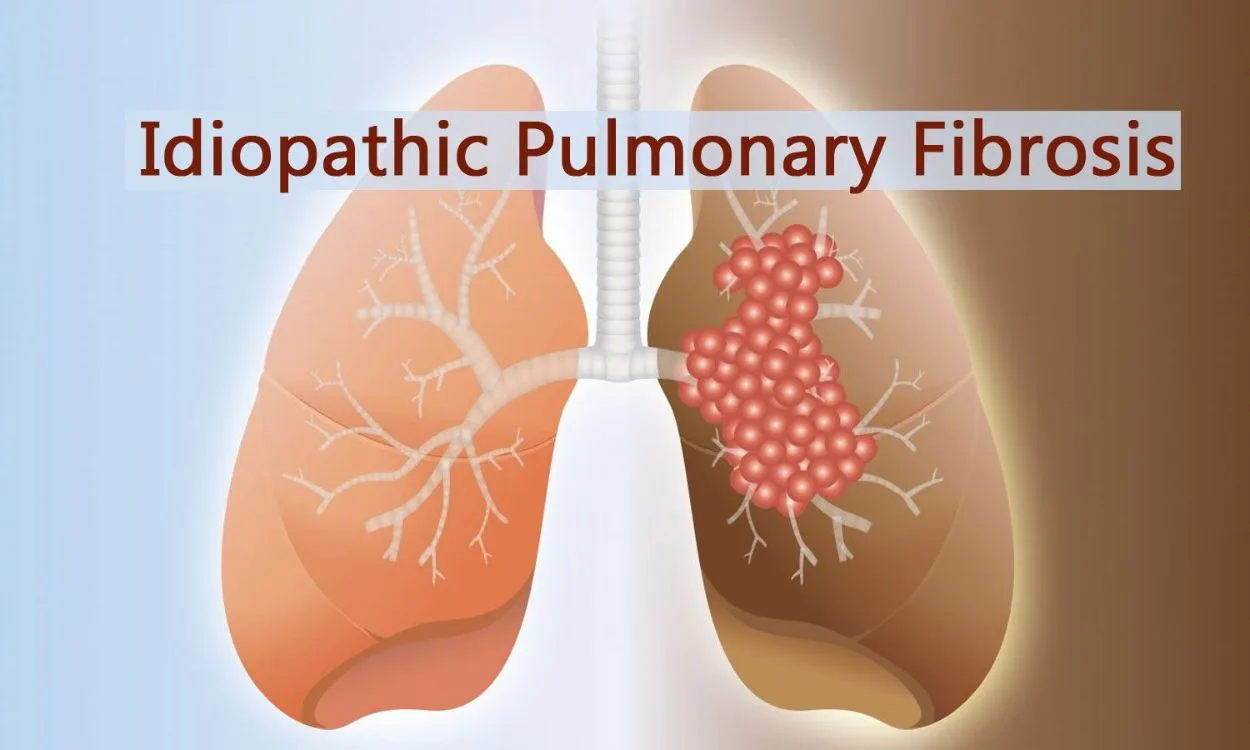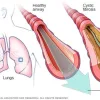Is There a Cure for IPF?
Introduction
IPF, or Idiopathic Pulmonary Fibrosis, is a chronic and progressive lung disease that causes scarring of the lung tissues. It is a condition with no known cause, hence the name “idiopathic.” The scarring of the lungs leads to their stiffness and decreased ability to expand and contract, resulting in difficulty breathing and reduced oxygen levels in the body. IPF is a life-threatening condition with no known cure. However, there are various treatment options available to manage the symptoms and slow down the progression of the disease.
Current Treatment Options
While there is no cure for IPF, several treatments aim to alleviate symptoms and improve quality of life for patients. These treatment options include:
- Medications: Several medications can help slow down the progression of IPF and alleviate symptoms. These include pirfenidone and nintedanib, which are drugs that can help reduce lung scarring and inflammation.
- Oxygen Therapy: In cases where IPF has significantly reduced oxygen levels in the blood, supplemental oxygen therapy may be prescribed. This therapy provides the body with additional oxygen, making it easier to breathe and reducing breathlessness.
- Pulmonary Rehabilitation: Pulmonary rehabilitation programs involve a combination of exercise, breathing techniques, and education to help improve lung function, increase physical fitness, and enhance overall well-being.
- Lung Transplantation: In severe cases of IPF where other treatment options have not been effective, a lung transplantation may be considered. This procedure involves replacing the damaged lungs with healthy lungs from a donor.
Lifestyle Modifications
In addition to medical treatments, certain lifestyle modifications can help individuals with IPF manage their condition and improve their overall health. These include:
- Quitting Smoking: Smoking can worsen the symptoms and progression of IPF. Quitting smoking can significantly improve lung health and slow down the decline in lung function.
- Physical Activity: Engaging in regular physical activity, as recommended by healthcare professionals, can help improve lung capacity, physical fitness, and overall well-being. It is important to follow an exercise plan tailored to individual abilities and limitations.
- Healthy Diet: A well-balanced diet rich in fruits, vegetables, whole grains, and lean protein can support overall health and provide the body with essential nutrients. It is important to consult a healthcare professional or a registered dietitian for personalized dietary recommendations.
- Avoiding Environmental Exposures: Exposure to certain environmental factors, such as dust, pollutants, and chemicals, can worsen symptoms and progression of IPF. Taking precautions to avoid such exposures can help protect lung health.
The Fitpaa Approach
While there is no cure for IPF, Fitpaa aims to support individuals with IPF in managing their condition and improving their overall health. Fitpaa’s AI-driven technology and personalized fitness plans can help individuals with IPF optimize their metabolism, improve physical fitness, and maintain a healthy lifestyle.
Fitpaa offers the following features to assist individuals with IPF:
- Metabolism Assessment: Fitpaa’s Metabolism Monitoring Technology assesses an individual’s current metabolism to identify the root cause of their health condition. This information helps tailor a personalized fitness plan to meet their specific needs.
- Fitpaa Capsule: Based on the individual’s metabolism, health and fitness goals, lifestyle, and eating habits, Fitpaa’s expert team prepares a personalized Fitpaa Capsule. This capsule combines medical therapy, exercise therapy, nutrition therapy, and cognitive behavior therapy to optimize metabolism and support overall well-being.
- Real-time Guidance: Fitpaa’s Real-time Guidance technology incorporates concepts from cognitive behavioral therapy to provide timely reminders, habit-building techniques, and purpose-finding strategies. This guidance helps individuals stay motivated and inspired to follow their Fitpaa Capsule.
- Fitpaa Mobile App: The Fitpaa mobile app provides a range of tools to support individuals in following their Fitpaa Capsule. These tools include a virtual workout trainer, diet tracker, performance tracker, and progress tracker, making it easy to stay on track and monitor progress.
Conclusion
While there is currently no cure for IPF, there are several treatment options available to manage symptoms and slow down the progression of the disease. Lifestyle modifications, such as quitting smoking, engaging in physical activity, following a healthy diet, and avoiding environmental exposures, can also support overall health and well-being.
Fitpaa offers personalized fitness plans and AI-driven technology to assist individuals with IPF in managing their condition and improving their overall health. By optimizing metabolism and providing real-time guidance, Fitpaa aims to help individuals with IPF achieve their health and fitness goals. Download the Fitpaa app today to start your journey towards a healthier and fitter life.









